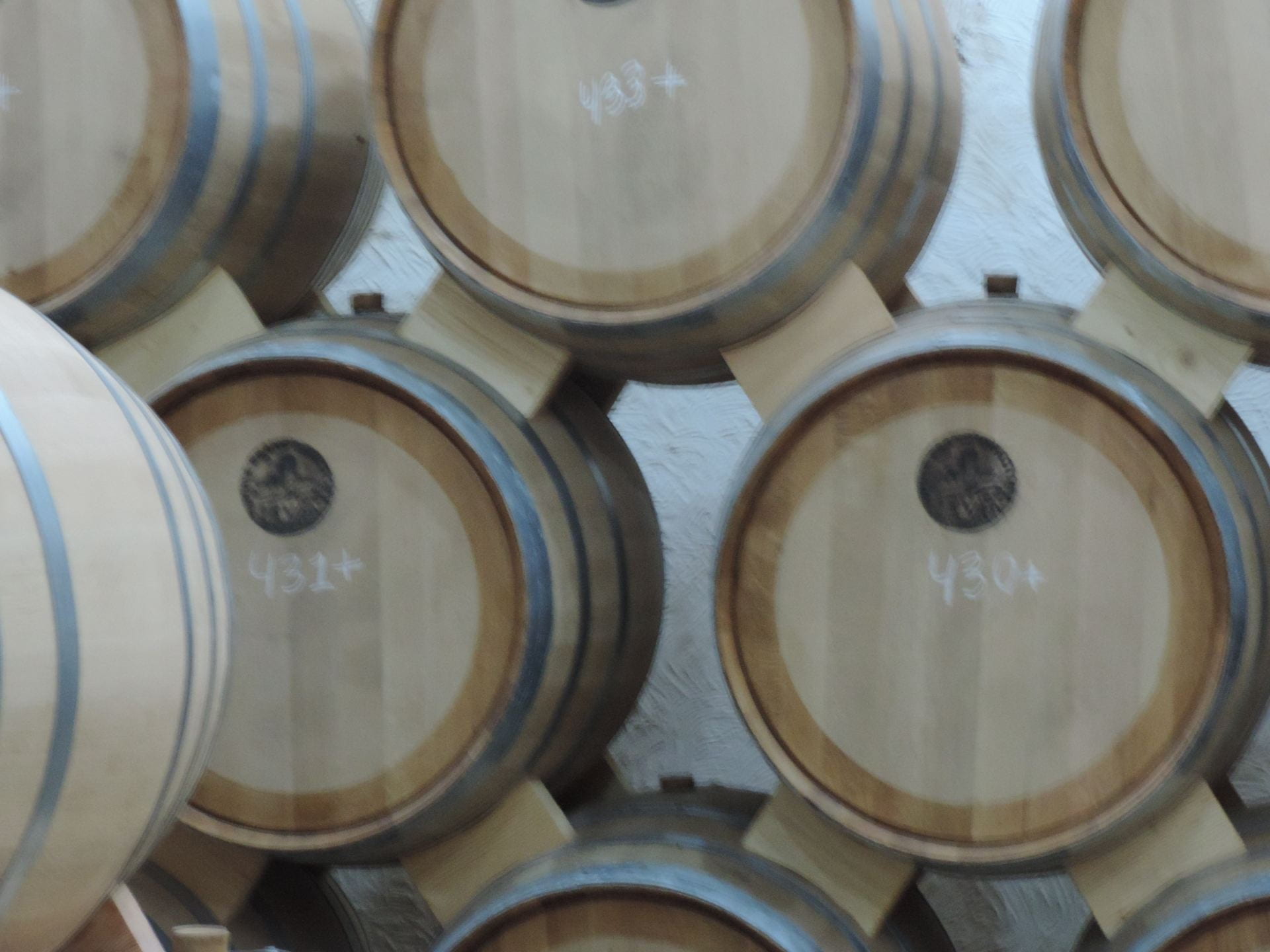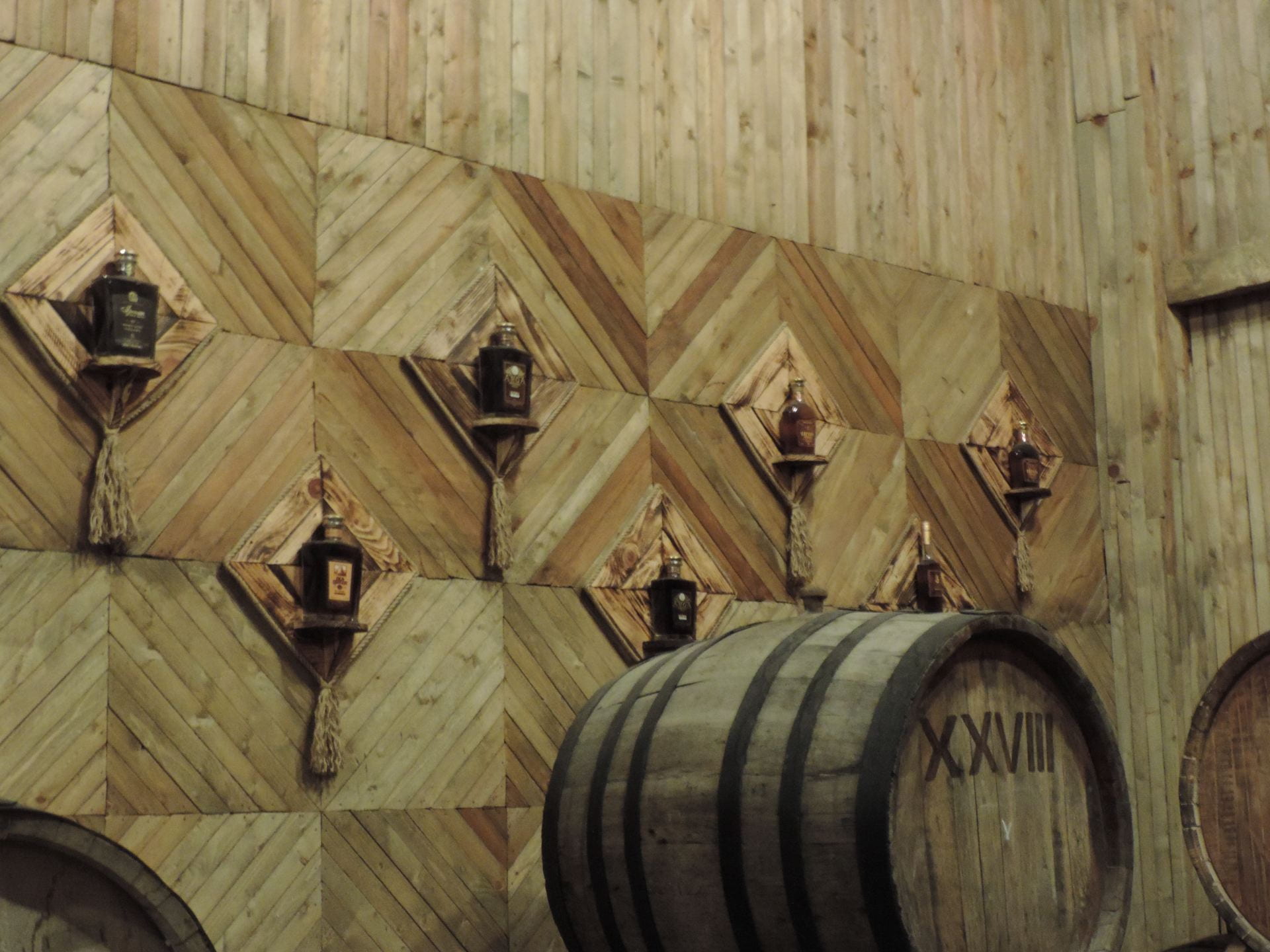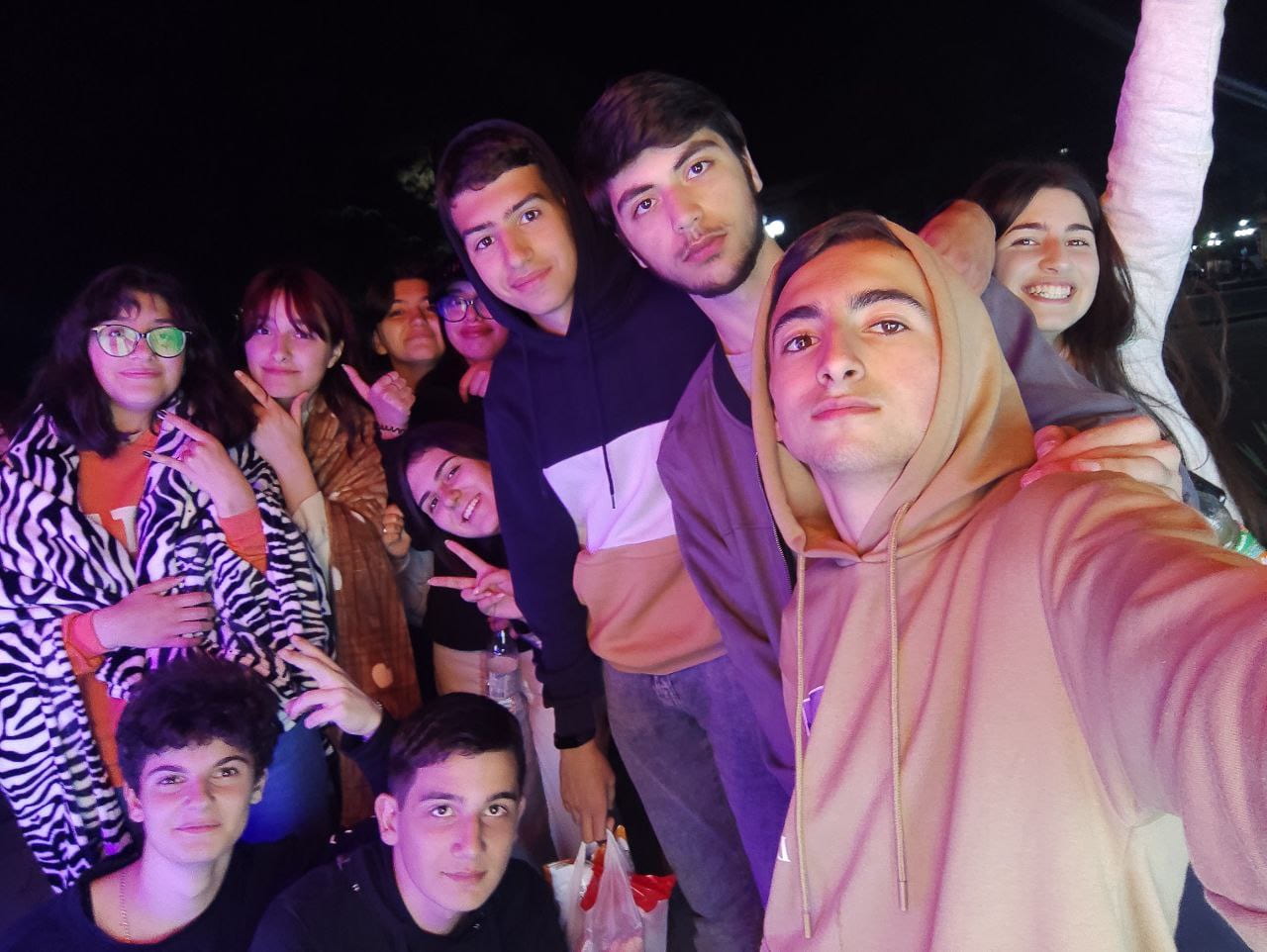Այս գարնանը իմ ճամփորդություն անցավ Տավուշի մարզում։ Ճամփորդության առաջին օրը սկսվեց Սևանավանքի և Սևանի թերակղզու այցելությամբ: Հասանք Տավուշ և այցելեցինք Ջուղթակ վանք, փորձելով գտնել ճանապարհը բարձրացանք բայց այդպես էլ չգտանք վանքը կյանքից հիսթափված մեն ետ գնացինք Քայլքից անմիջապես հետո մենք այցելեցինք հյուրատուն, որտեղ և պետք է անկացնեինք մեր անմոռանալի երեք օրերը, հյուրատունը բոլորիս շատ դուր եկավ։ Ընդհամենը րոպեներ անց այցելեցինք Իջևանի գինու-կոնյակի գործարան։ Այնտեղ մենք ծանոթացանք գործարանի պատմությանը, տեսանք թե ինչպես են արտադրվում գինիները և կոնյակները, անգամ ստորագրեցի գինիներից մեկի վրա և այցելեցի կոնյակների մշակման գործարան։


Օր երկու, առավոտ․․Նախաճաշելուց և վերջնականապես արթնանալուց հետո մենք ուղևորվեցինք «Քարարտ» գործարան և ծանոթացանք քարերի մշակման, զարդարանքի գործընթացին։ Գործարանի մոտակայքում գտնվում էր այդ իսկ քարերով զարգարված մի հիանալի բուսականությամբ այգի։ Այնտեղի փոքրիկ լճակը տեսնելով ես միանգամից ասացի “Այստեղ կարելի է ջրահարսի ֆոտոշարք անել”։




Այնուհետև գնացինք Իջևանի ԵՊՀ-ի մասնաճյուղ որտեղ մասնակցեցինք կոնֆերանսի և լսեցինք մարդկանց հաջողության պատմությունները։
Ինչպես նաև այցելեցինք «Արևիկ» սոցիալ-կրթական կենտրոնը, որտեղ կանայք և երեխաները զբաղվումն էին տարբեր արհեստներով(գորգագործություն, ասեղնագործություն, կավագործություն, նկարչություն) և երգել սովորում։ Ուսանողներով թղթի վրա զանազան բաներ գրեցինք դիմելով կենտրոնի երեխաներին։ Տավուշի թեմի առաջնորդ Բագրատ Սրբազանի հետ հանդիպելուց հետո մենք վերադարձանք հյուրատուն։
Ուշ երեկոյան բոլորս պատրաստվեցինք և դուրս եկանք քաղաքով զբոսանքի։ Այնքա՜ն լավ եղանակ էր և այնքա՜ն հրաշալի էր քաղաքում, որ ես չէի ուզում տուն վերադառնալ։ Այսպիսով ավարտվեց նաև մեր երկրորդ օրը։
Իսկ երրորդ օրը վերջինն էր Տավուշում, մենք բոլորս չէինք ուզում վերադարձնալ հետ։ Արթնացանք և արագ գործի անցանք։ Շարժվեցինք “Մենք ենք մեր սարերը” հայտնի ֆիլմի նկարահանված տեղանքը, և Մակարավանք։ Այնտեղ ևս ունեցանք հետաքրքիր շրջայց, ծանոթացանք պատմությանը։ Մակարավանքում հրաշալի ժամանակ անցկացրի ընկերներիս հետ, միայսին շրջեցինք, լուսանկարվեցինք Հետ գալու ճանապարհը միշտ է արագ է անցնում ինչը իրականում ճիշտ չէ, հետ գալու տպավորությունները անփոխարինելի են և ժամանակի զգացողությունը կորցնում ես զվարճանալով, և կարծես ժամանակը դուրս է գալիս իր սահմաններից և թռչում ամենաբարձր ամպերից վեր անգամ։

